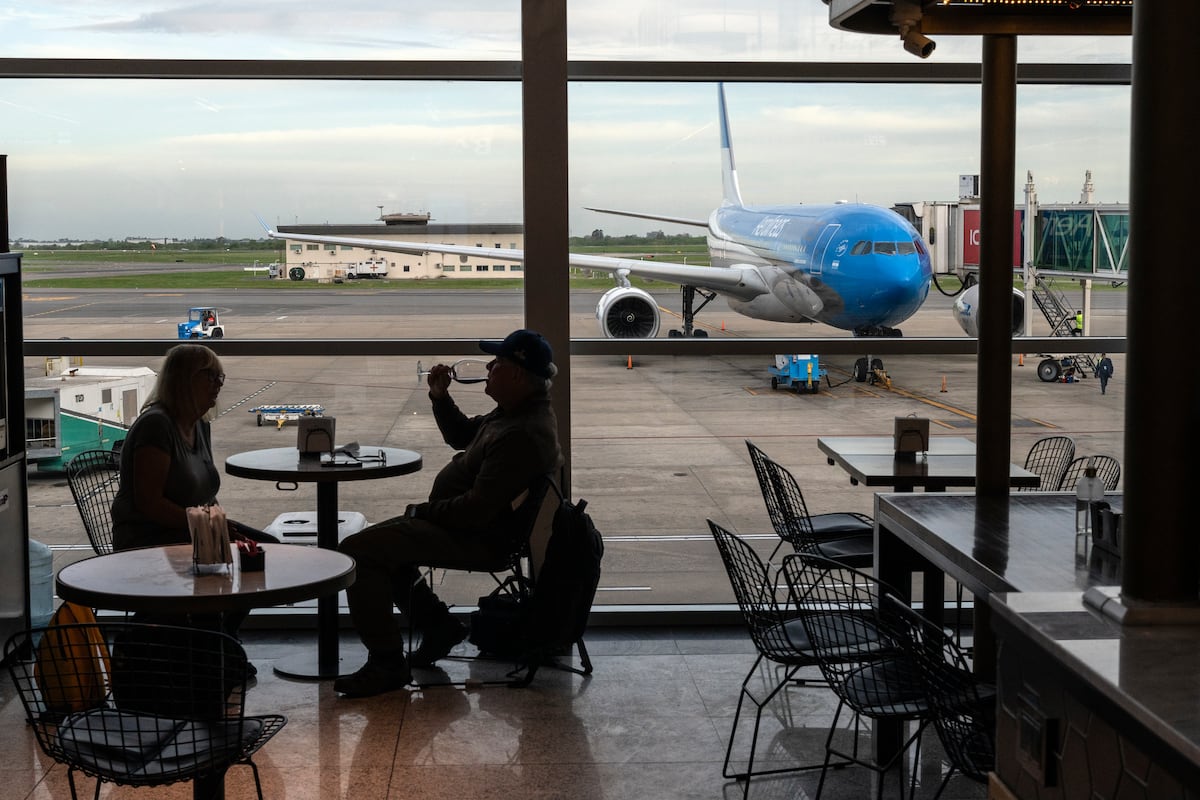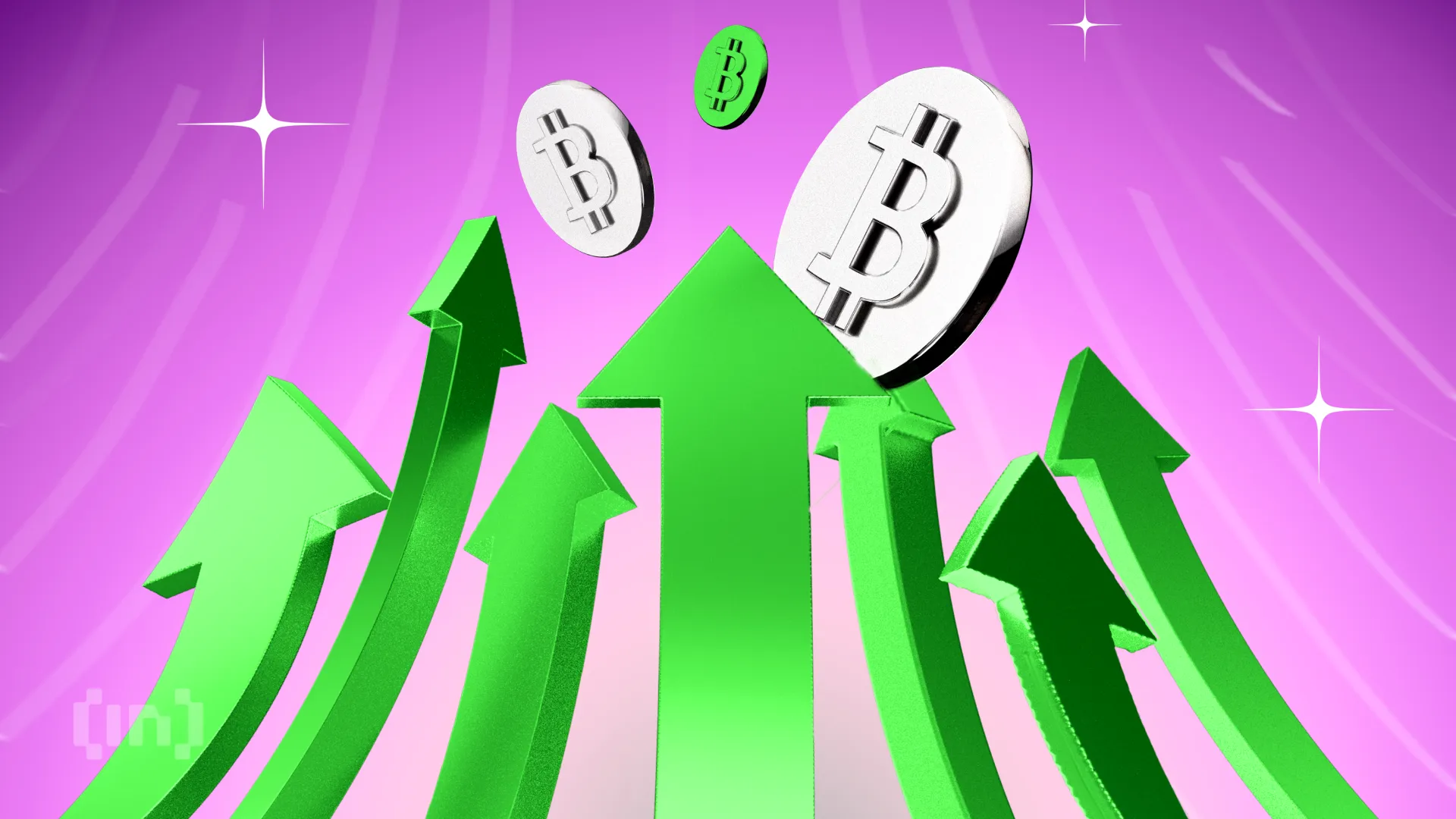Summary
The economic recovery is concentrated in the wealthiest sectors of society, while the middle and lower classes are cutting back and suffering from rising unemployment
Source: EL PAS English

AI News Q&A (Free Content)
Q1: What are the main economic challenges that Argentina is currently facing under Javier Milei's administration?
A1: Under Javier Milei's administration, Argentina faces significant economic challenges, including a high poverty rate of 53% and hyperinflation, which initially reached 211%. The administration has introduced austerity measures to stabilize the economy, which have shown some success in reducing inflation to 80% and achieving a budget surplus. However, the economic recovery is uneven, with the wealthiest sectors benefiting more than the middle and lower classes.
Q2: How has the economic recovery in Argentina under Milei's administration impacted different socioeconomic classes?
A2: The economic recovery in Argentina under Milei's administration has been uneven, with the wealthiest sectors experiencing more benefits. Although inflation has been reduced and a budget surplus achieved, the poverty rate has increased by 11 points, affecting middle and lower classes. This disparity is due in part to policies such as currency freezes, which have negatively impacted labor-intensive industries, leading to higher unemployment rates.
Q3: What measures has Javier Milei implemented to stabilize Argentina's economy, and what are their effects?
A3: Javier Milei has implemented austerity measures, including expenditure cuts, to stabilize Argentina's economy. These measures have helped reduce inflation from 211% to 80% and achieve a fiscal surplus, which has decreased country risk and set the stage for potential economic growth. However, these measures have also led to increased poverty, highlighting the challenges of achieving balanced growth across all socioeconomic sectors.
Q4: What role does foreign investment play in Argentina's economic recovery under Milei's leadership?
A4: Foreign investment plays a crucial role in Argentina's economic recovery under Milei's leadership. The administration aims to restore confidence among international lenders, such as the International Monetary Fund, by renegotiating debt and securing new loans. This strategy is vital for attracting large-scale foreign direct investment, which is necessary for sustaining long-term economic growth and stability.
Q5: How has Argentina's economic history influenced its current economic challenges?
A5: Argentina's economic history, marked by periods of high growth and severe recessions, has influenced its current challenges. The country's past includes frequent defaults, hyperinflation, and significant currency devaluations. Political instability and import substitution strategies have also contributed to economic volatility. These historical factors have resulted in uneven development and income distribution, which continue to affect the nation's economic health today.
Q6: What scholarly insights are available regarding the impact of COVID-19 on mobility and economic inequality in Argentina?
A6: Recent scholarly research highlights that COVID-19 has amplified socio-economic inequalities in Argentina. Studies using mobile phone data reveal sustained changes in urban mobility, with high-density and low socio-economic areas experiencing the most significant declines. The pandemic reinforced mobility-related inequalities, impacting economic activity and access to services, which could have long-term implications for planning and policy-making.
Q7: What are the potential long-term effects of Milei's economic policies on Argentina's global economic standing?
A7: The long-term effects of Milei's economic policies on Argentina's global economic standing depend on the successful implementation of structural reforms and maintaining political support. While the administration has stabilized inflation and achieved a fiscal surplus, continued progress requires attracting foreign investment and addressing socioeconomic inequalities. Failure to do so could risk renewed economic and political crises, impacting Argentina's position in the global market.
References:
- Charlatan or genius? What Javier Milei has achieved economically so far in Argentina
- Milei administration eliminates deficit
- Inflation and Economic Health: A Case Study of Javier Milei's Plan for Economic Recovery
- Argentina: Radical reform to unlock economic recovery
- Economy of Argentina
- Sustained changes to urban mobility after COVID-19 amplified socio-economic inequalities in Latin America
- Published: 2025-06-12
- The digital labour of artificial intelligence in Latin America: a comparison of Argentina, Brazil, and Venezuela
- Published: 2025-02-10





